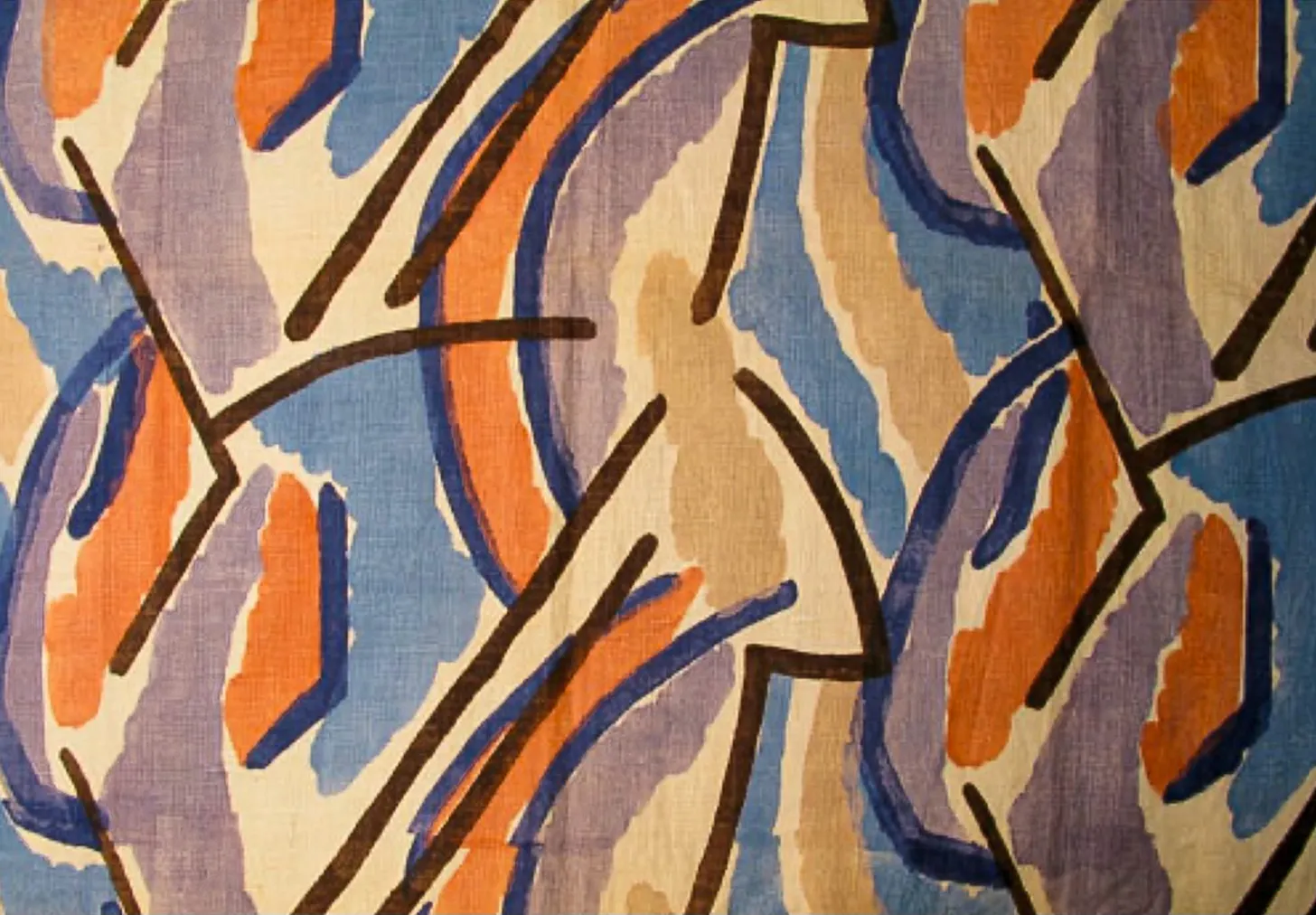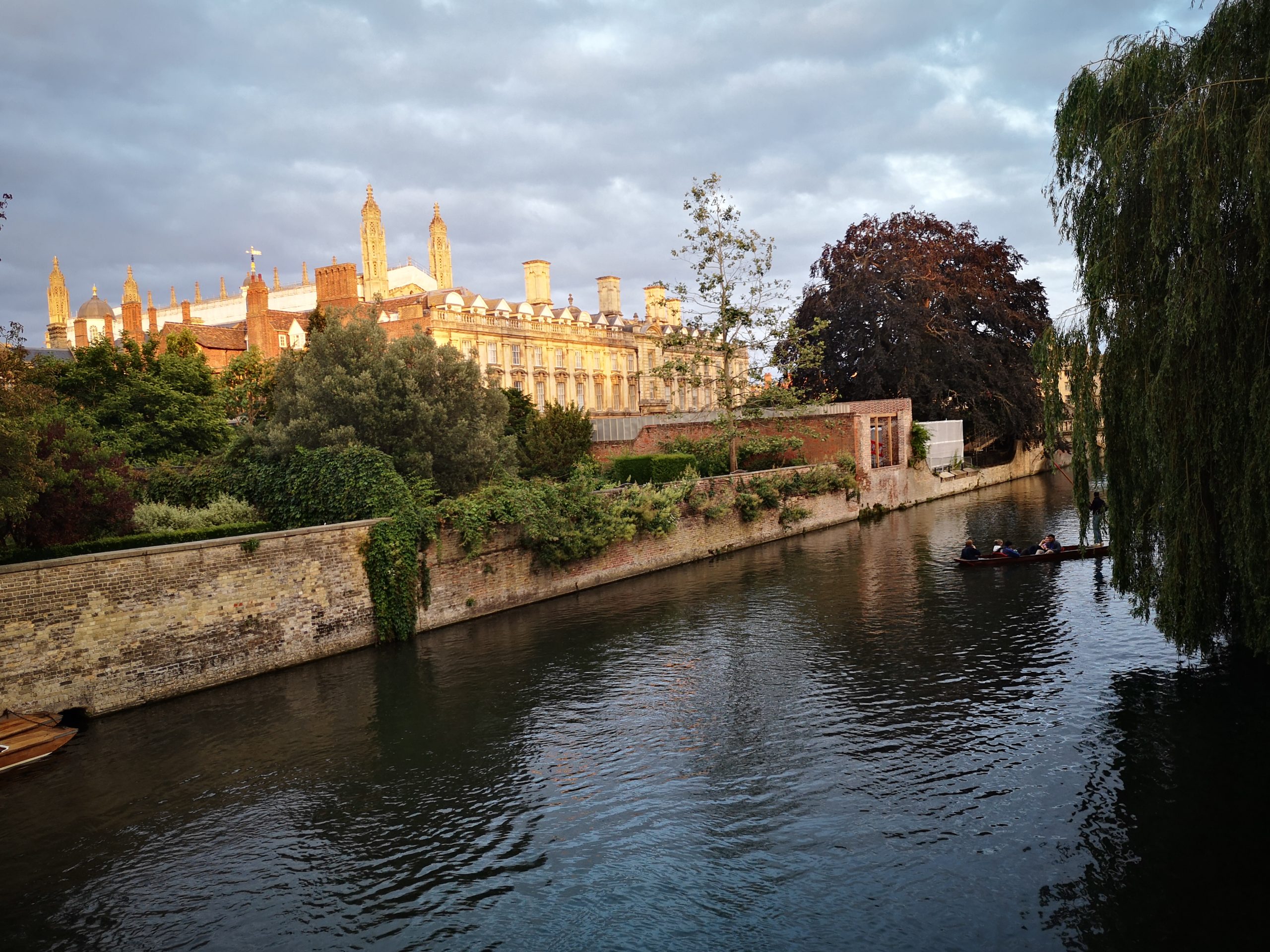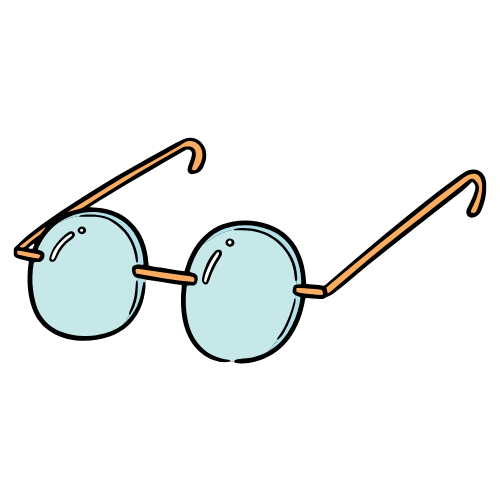I arrived in Cambridge on the 23rd of July, at the end of a 5-month wait. I booked the Literature Cambridge Virginia Woolf summer school in February and ever since then I couldn’t wait to be here. Now I am here and the course is going even better than I could have imagined and expected.
It’s day 3 as I’m writing this and already at the half of a whole week of activities planned by the wonderful Trudi Tate and the team of Literature Cambridge. I arrived on Day 0 (Sunday) in the evening, after a 5-hour flight delay. I mean, you can get annoyed when having a 2-hour delay, but for a 5-hour delay you can only laugh and wait for time to pass. Luckily I still arrived in time to check in at Robinson college (just across the street from the the lecture hall) and hurry to dinner. Was “only” an hour late.
Day 1 started with dreadful weather. But no amount of rain would stop us from diving deep in Mrs. Dalloway, the novel planned for the day. The lecture was delivered by Ellie Mitchell and what really spoke to me was the parallel she made to Pride & Prejudice, so unexpected and delightful. The group discussion led by the very knowledgeable and experienced Alison Hennegan followed, where we exchanged views on Elizabeth’s relationship with Miss Kilman and the options women had in society in the 20s. The whole morning was quite intense, and a relaxing walk through Cambridge (and lunch at Market Square) followed. It ended (inevitably) at Waterstones. Not idly though. Professor Claire Davison delivered a talk on the letter exchange between Woolf and Katherine Mansfield, and shed light on their sometimes complicated friendship.
Day 2 equaled To the Lighthouse. I felt the lecture and the group discussions to be much more immersive. Maybe because this is the favourite novel of many people, or maybe because we had already got over that first wave of social awkwardness, and everyone was starting to warm up to each other (the drink we had had on the previous evening helped too, I’m sure). Trudi Tate lectured on the multi-faceted relationship between Mrs. Ramsay and Lily Briscoe and, in our group, we continued to discuss on Charles Tansley and why we should not judge him too harshly.
The absolute highlight of the day was the visit to Girton College, where, in 1928, Woolf gave a talk which would later turn into A Room of One’s Own, Woolf’s famous manifesto of feminism. We were very lucky to have Alison Hennegan, herself an alumni of Girton, to give us a private tour of several rooms in the college, including the room itself where Woolf gave the talk almost 100 years ago.
And now it’s the end of day 3 and here I am, trying to compress in some sentences all the impressions and images which I gathered so far. Alison Hennegan gave a lecture on Orlando early today, in pursuit of the answer to the question “what is a woman”. As it happens in literary studies, the question is much more interesting than any definite answer could ever be. The study day ended with a visit at the Fitzwilliam Museum, where we saw up close the manuscript of “Women and Fiction”, the draft which would later turn into A Room of One’s Own.
I wrote more than I meant to, and yet I only managed to sketch some bullet points of all I experienced during these first three days of the Virginia Woolf summer course. There are two days left, and so much of the unsaid – the illuminating discussions over tea after the morning lecture, the flashes of meaning which spark when you start seeing the novels in a different light, the number of times I got lost on the streets of Cambridge because no, I will not use Maps (which I did in the end – this post didn’t write itself). This text was after all just a spin of a thread, but I think all its woolyness will come out later, one way or another.


















your thoughts?